Photo

enneagram tritype aesthetics: 145; THE RESEARCHER [7/27]
The 145 is very critical of themselves and others. Dissatisfaction is visible as their energy can be prickly. They may be involved in philosophy, and they enjoy coming to understand themselves and their world.
241 notes
·
View notes
Text
“Everyone lives with the premise, ‘Let us pretend to know, because all of us know as plain as day that we do not know.’ If such a premise exists, then what a dull-witted troublemaker am I, who makes such a big commotion, crying, ‘I do not know, I do not know.’”
—
Nakajima Atsushi, “The Rebirth of Wujing” from The Moon over the Mountain and Other Stories

111 notes
·
View notes
Text
“You know we young people are not satisfied with our present happiness and seek after the source of all happiness.”
—
Kunikida Doppo, “Going Home Again” from Selected Stories of Doppo Kunikida
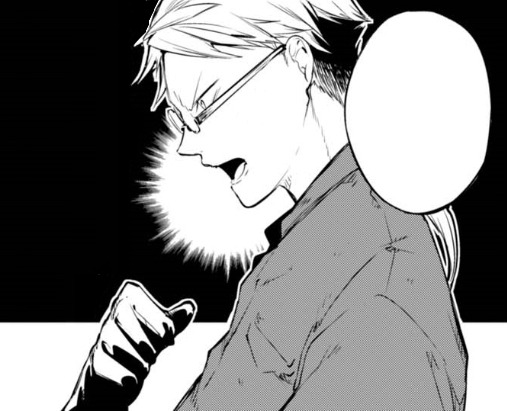
138 notes
·
View notes
Text
“It is only too obvious that favoritism inevitably exists: it would have been useless to complain to human beings.”
—
Dazai Osamu, No Longer Human (pg. 35)

185 notes
·
View notes
Photo
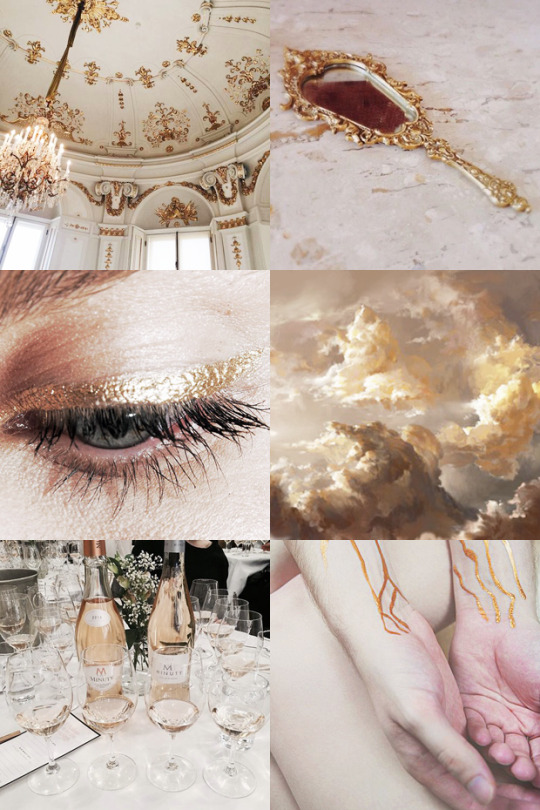
enneagram aesthetics: 3w2; THE CHARMER [4/18]
The threeish desire to be admired is stronger than the twoish desire to please others, so it is more important to the 3w2 that they look good than that they make others feel good, although they will do both if they can. They want to reach the largest possible audience.
318 notes
·
View notes
Photo
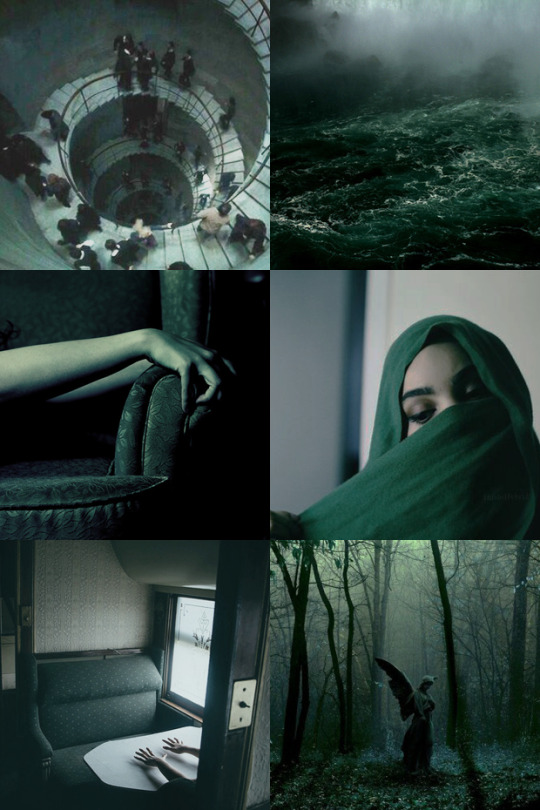
enneagram aesthetics: 4w5; THE BOHEMIAN [7/18]
The 4w5 is emotionally heavy. Powerful, passionate feelings and aesthetic appreciations swell within and then get bottled up inside. They generally avoid expressing their feelings because they feel that no one could possibly understand them.
303 notes
·
View notes
Text
“No man lives, can live, without having some object in view, and making efforts to attain that object. But when object there is none, and hope is entirely fled, anguish often turns a man into a monster.”
—
Fyodor Dosoyevsky, The House of the Dead

181 notes
·
View notes
Text
“Everything seemed to go blank before me. It wasn’t an ordinary sickness. God killed me, and only after He had made me into someone entirely different from the person I had been, did he call me back to life.”
—
Dazai Osamu, The Setting Sun

175 notes
·
View notes
Text
“Happiness? An imaginary concept; it never refers to a specific real condition. It is just a fragile hope that has gained a name.”
—
Nakajima Atsushi, “The Rebirth of Wujing” from The Moon over the Mountain and Other Stories

256 notes
·
View notes
Note
I keep getting conflicting input from others about my type. A lot of people think I'm an INTJ just because I come off to them as an "intellectual" (I actually hate this term), instead of an ENTJ. I'm also not in a career associated with ENTJs, and I have a compassionate streak. Going by this logic, I'm either not an ENTJ or a defective one, and I'll admit, subconsciously I sometimes try to behave more stereotypically ENTJ because of this. Have you ever dealt with this before yourself as an INFJ?
My approach to typology is such that it does not contribute anything to my sense of identity. Part of this is because I am not in the stage of life where I am seeking to find myself or understand how I fit into the world (the joys of not being a teenager/young adult). Another part is because my understanding of typology is purely practical in the sense that I see it merely as a tool for dissecting myself and the occasional relationship issue, i.e., it is not a “way of life”, or a personal “mission” or belief system, or a rigid framework for deciding how I conduct life. To me, typology is a simple analytical device among many that is sometimes useful for building awareness when needed and that is all.
I get mistyped as INTP, INFP, INTJ, ENTJ, ENFJ all the time, usually based on how “warm” or “cold” I am at any given moment, so it goes to show how terrible people are at typing others, mainly because they don’t understand the distinction between cognition and behavior and how function development manifests. I hear people say things like, “You can’t be INFJ if you xyz” or “If you’re INFJ you should xyz” and I ignore it. Cognitive functions describe a set mental pattern of how people make sense of the world but the way the pattern manifests in real life behaviors is fluid and dynamic and highly responsive to environmental influences, and it can be manipulated by the personal will to grow and improve.
The main disservice the MBTI school has done to function theory is to strip it of nuance and inadvertently make it seem like type is deterministic or fatalistic in some way, that you cannot escape it or that it limits your range of activities and behaviors. Why would I want to be a stereotypical INFJ who suffers a superiority/martyr complex, swinging irrationally between door slamming and being a magical mystic? Why would you want to be a stereotypical ENTJ who can too easily rationalize away people’s concerns to achieve your goals? What good would it do to approach people by stereotyping and offending them with weird expectations of how they should behave according to their type? Applying typology in this way seems entirely counterproductive. I prefer to get to know someone for who they really are, unfiltered, and analyzing their type if and only if it is absolutely necessary for developing the relationship further.
100 notes
·
View notes
Text
INFJ
INFJs are defined by the functional stack:
Dominant: Introverted Intuition (Ni)
Auxiliary: Extraverted Feeling (Fe)
Tertiary: Introverted Thinking (Ti)
Inferior: Extraverted Sensing (Se)
The INFJ is an introvert (I) who seeks closure (J).
INFJ’s Jungian pair partner = INTJ
INFJ’s dominant function opposite = ISFJ
INFJ’s shadow opposite or functional opposite = ESTP
INFJ’s mirror opposite = ISTJ
INFJ’s complementary opposite = ENFP
Afficher davantage
587 notes
·
View notes
Text
Masterpost: MBTI Type Descriptions
Not every individual is a typical example of their type and thus won’t necessarily resonate entirely with “generic average” descriptions on popular websites. To ensure accurate assessment, investigate the components of type in more detail by reading the study guides at mbti-notes.tumblr.com/masterposts#guides.
ISTJ ESTJ ISTP ESTP
ISFJ ESFJ ISFP ESFP
INTJ ENTJ INTP ENTP
INFJ ENFJ INFP ENFP
568 notes
·
View notes
Text
“The more I think of it, the less I understand. All I feel are the assaults of apprehension and terror at the thought that I am the only one who is entirely unlike the rest. It is almost impossible for me to converse with other people. What should I talk about, how should I say it?—I don’t know.”
—
Dazai Osamu, No Longer Human (pg. 26)

488 notes
·
View notes
Photo
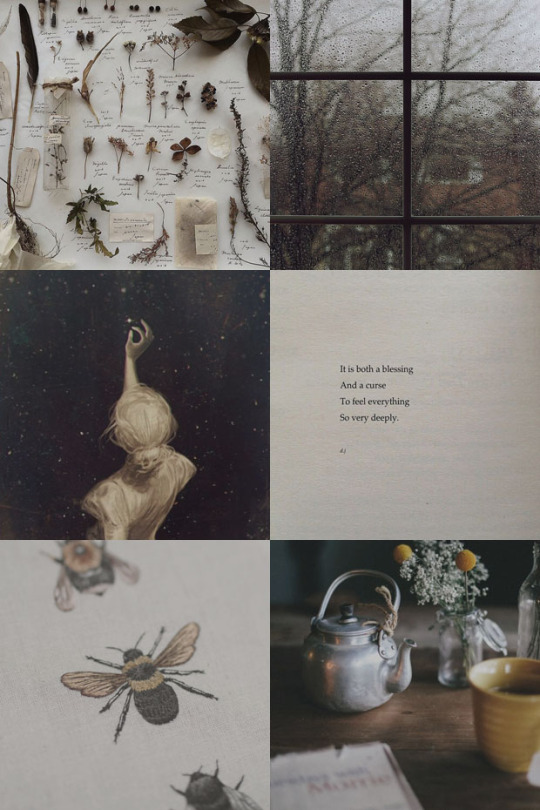
mbti aesthetics: INFJ: The Counselor [9/16]
INFJs are gentle, caring, complex, and highly intuitive individuals. Artistic and creative, they live in a world of hidden meanings and possibilities. INFJs place great importance on having things orderly and systematic in their outer world.
1K notes
·
View notes
Photo
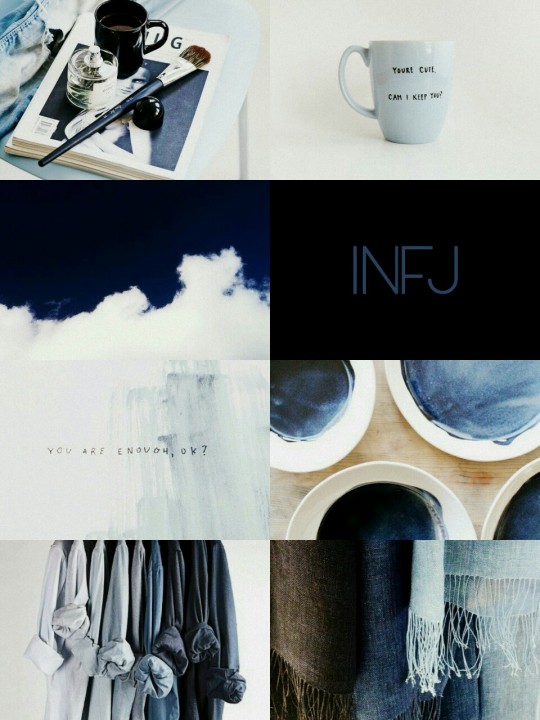
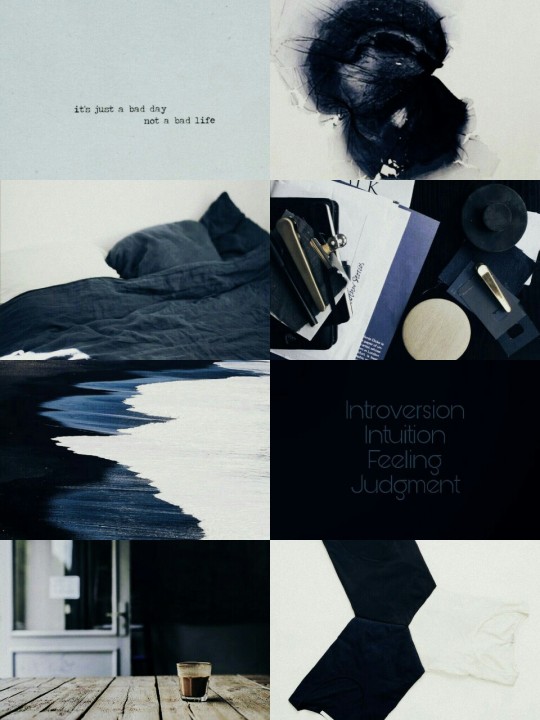
“Quietly forceful, original, and sensitive. Tend to stick to things until they are done. Extremely intuitive about people, and concerned for their feelings. Well-developed value systems which they strictly adhere to. Well-respected for their perseverance in doing the right thing. Likely to be individualistic, rather than leading or following.”
3K notes
·
View notes




